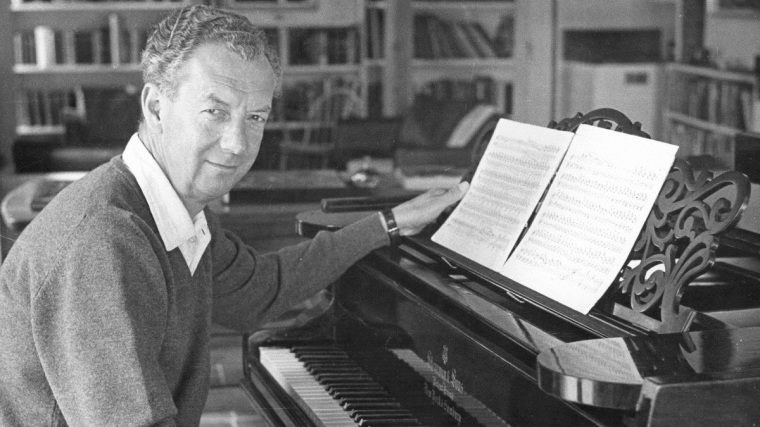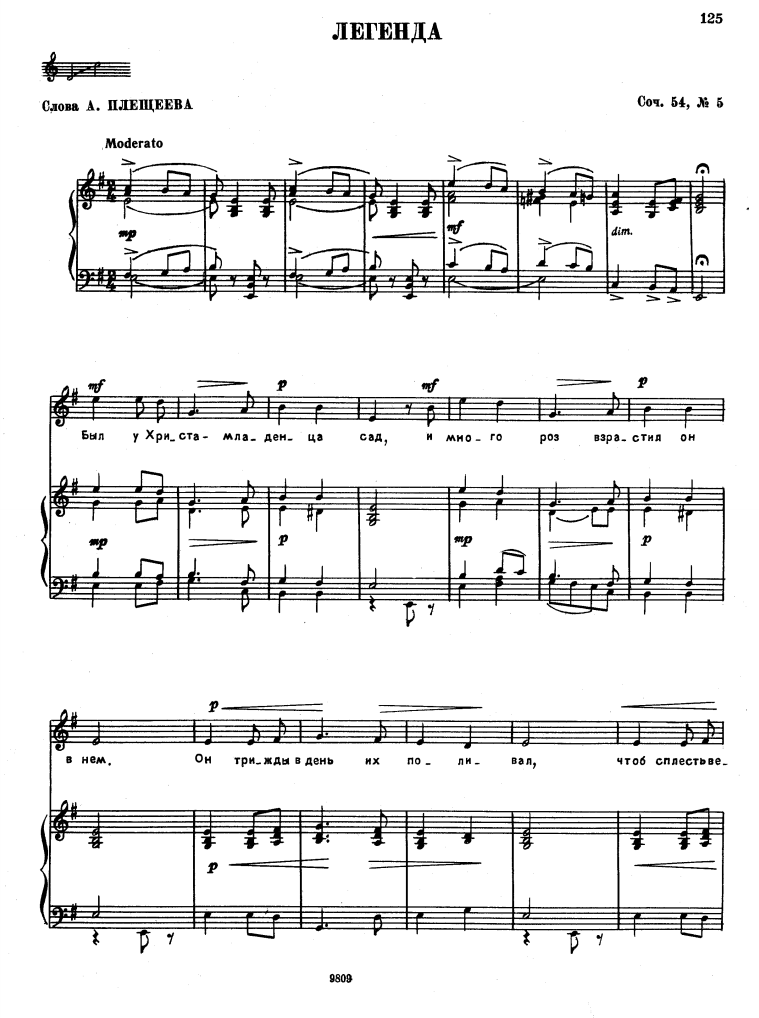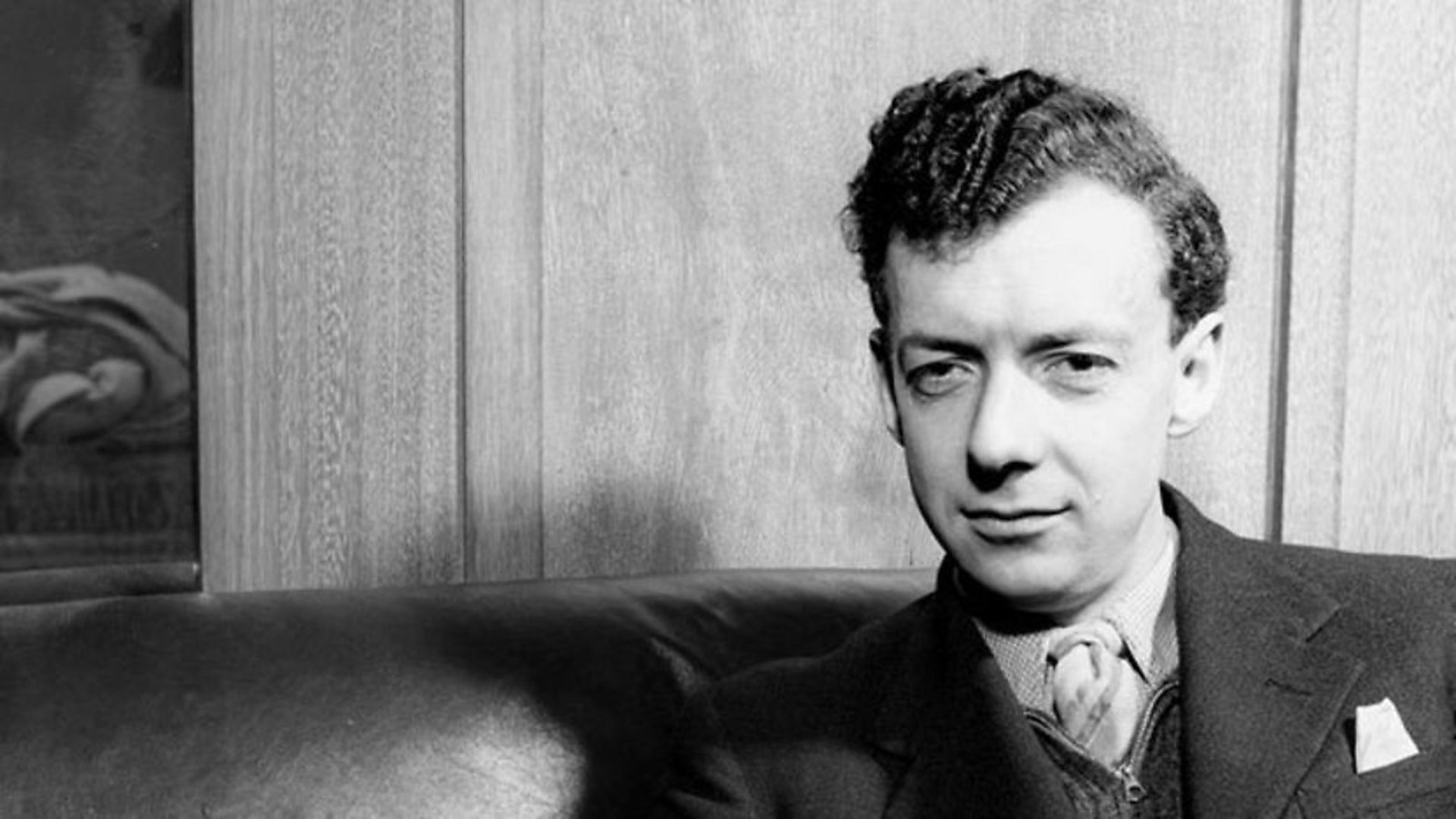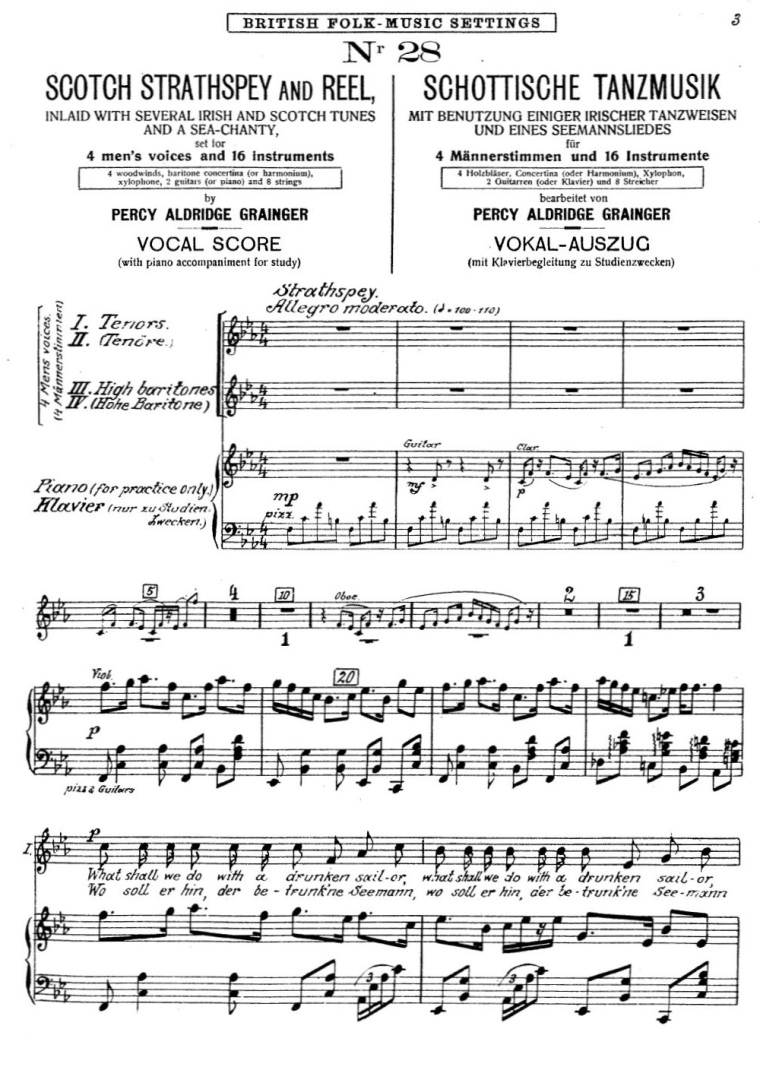Pietro Abelardo (1079 - 21 aprile 1142): Planctus David super Saul et Ionatha. Ensemble für frühe Musik Augsburg.
Dolorum solatium,
Laborum remedium,
Mihi mea cithara,
Nunc quo major dolor est,
Justiorque moeror est
Plus est necessaria.
Strages magna populi,
Regis mors et filii,
Hostium victoria,
Ducum desolatio,
Vulgi desperatio,
Luctu replent omnia.
Amalech invaluit
Israel dum corruit,
Infidelis jubilat
Philistaea
Dum lamentis macerat
Se Judaea.
Insultat fidelibus Infidelis populus;
In honorem maximum
Plebs adversa,
In derisum omnium
Fit divina.
Insultantes inquiunt:
“Ecce de quo garriunt,
Qualiter hos perdidit
Deus summus,
Dum a multis occidit
Dominus prostratus.”
Quem primum his praebuit,
Victus rex occubuit;
Talis est electio
Derisui,
Talis consecratio
Vatis magni.
Saul regum fortissime,
Virtus invicta Jonathae,
Qui vos nequit vincere,
Permissus est occidere.
Quasi non esset oleo
Consecratus dominico,
Scelestae manus gladio
Jugulatur in praelio.
Plus fratre mihi Jonatha,
In una mecum anima,
Quae peccata, quae scelera,
Nostra sciderunt viscera!
Expertes montes Gelboe,
Roris sitis et pluviae,
Nec agrorum primitiae
Vestrae succurrunt incolae.
Vae, vae tibi, madida
Tellus caede regia!
Quare te, mi Jonatha,
Manus stravit impia?
Ubi Christus Domini,
Israelque inclyti,
Morte miserabili
Sunt cum suis perditi?
Tu mihi nunc, Jonatha,
Flendus super omnia,
Inter cuncta gaudia
Perpes erit lacryma.
Planctus, Sion filiae,
Super Saul sumite,
Largo cujus munere
Vos ornabant purpurae.
Heu! cur consilio
Acquievi pessimo,
Ut tibi praesidio
Non essem in praelio?
Vel confossus pariter
Morirer feliciter,
Quum, quod amor faciat,
Majus hoc non habeat.
Et me post te vivere
Mori sit assidue,
Nec ad vitam anima
Satis est dimidia.
Vicem amicitiae
Vel unam me reddere,
Oportebat tempore
Summae tunc angustiae;
Triumphi participem
Vel ruinae comitem,
Ut te vel eriperem
Vel tecum occumberem,
Vitam pro te finiens,
Quam salvasti totiens,
Ut et mors nos jungeret
Magis quam disjungeret.
Infausta victoria
Potitus, interea,
Quam vana, quam brevia
Hic percepi gaudia!
Quam cito durissimus
Est secutus nuntius,
Quem in sua anima
Locuta est superbia!
Mortuos quos nuntiat
Illata mors aggregat,
Ut doloris nuntius
Doloris sit socius.
Do quietem fidibus:
Vellem ut et planctibus
Sic possem et fletibus!
Caesis pulsu manibus,
Raucis planctu vocibus
Deficit et spiritus.
Il planctus (compianto, lamentazione) è una forma poetico-musicale le cui origini risalgono all’epoca carolingia. Dei temi trattati nei testi v’è una certa varietà: si va dal lamento funebre vero e proprio al lamento d’amore, alla rivisitazione di episodi biblici. Il più antico planctus conosciuto è A solis ortus usque ad occidua ovvero Planctus de obitu Karoli, scritto in morte di Carlo Magno († 814) da un monaco dell’Abbazia di San Colombano a Bobbio.
La maggior parte dei planctus pervenutici hanno testo in latino, ma nel corso del Medioevo si dedicarono al genere anche autori in lingua d’oc (planh), in lingua d’oïl (plainte o complainte) e in inglese (dirge). Il più famoso fra i trovatori italiani, Sordello da Goito (XIII secolo), compose in lingua d’oc Planher vuelh en Blacatz en aquest leugier so, compianto in morte di Blacas de Blacas, un feudatario provenzale che si era distinto per il suo mecenatismo.
Fra gli esempi in lingua inglese, uno dei più noti è costituito dal quattrocentesco Lyke-Wake Dirge, che fra l’altro è stato musicato da Benjamin Britten (fa parte della Serenade op. 31).
Oltre al Planctus David super Saul et Ionatha, Abelardo compose altri cinque planctus, tutti con testo latino e di argomento biblico.







